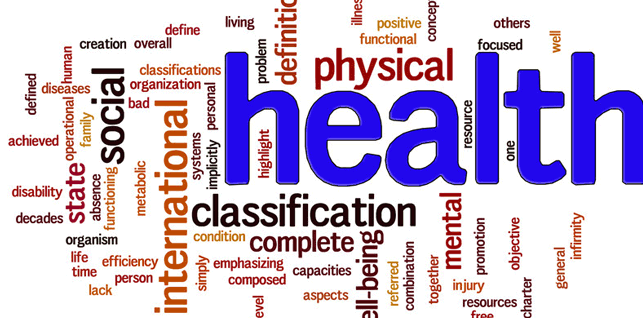
Golden Years Wellness: Senior Health Education
As individuals enter their senior years, prioritizing health becomes paramount. Senior health education plays a crucial role in empowering older adults to lead fulfilling and healthy lives. Explore key aspects of senior health education and how it contributes to overall well-being.
Understanding Aging: A Foundation for Health Knowledge
Senior health education begins with understanding the aging process. Learning about the physiological changes that occur as individuals age provides valuable insights. Senior adults can better navigate health challenges when armed with knowledge about how aging impacts various aspects of the body, from cardiovascular health to bone density.
Promoting Active Lifestyles: The Importance of Physical Activity
An essential component of senior health education is promoting active lifestyles. Seniors benefit significantly from regular physical activity, which supports cardiovascular health, maintains muscle strength, and improves flexibility. Exercise programs tailored for seniors can be explored, encompassing activities such as walking, swimming, and gentle strength training.
Nutritional Guidance: Meeting Unique Dietary Needs
Senior health education delves into nutritional guidance tailored to meet the unique dietary needs of older adults. Understanding the importance of nutrients like calcium, vitamin D, and fiber is crucial for maintaining bone health, preventing deficiencies, and supporting digestion. Nutrition education empowers seniors to make informed choices for a balanced diet.
Cognitive Health Awareness: Strategies for Brain Wellness
Cognitive health awareness is a vital aspect of senior health education. Learning about strategies to maintain brain wellness, such as mental stimulation, social engagement, and healthy sleep patterns, contributes to cognitive vitality. Seniors can explore activities like puzzles, reading, and socializing to support cognitive health.
Chronic Disease Management: Empowering Seniors with Information
Many seniors manage chronic health conditions, and senior health education provides valuable information on effective disease management. Understanding medications, adopting lifestyle modifications, and recognizing warning signs empower seniors to actively participate in their healthcare. Education on conditions like diabetes, arthritis, and heart disease is instrumental.
Mental Health and Emotional Well-being: Addressing the Whole Person
Senior health education goes beyond physical health to address mental health and emotional well-being. Older adults may face challenges such as grief, loneliness, or depression. Education on mental health equips seniors with coping strategies, stress management techniques, and resources for seeking support when needed.
Preventive Care: The Role of Regular Check-ups
Emphasizing the importance of preventive care is a key aspect of senior health education. Regular check-ups, screenings, and vaccinations contribute to early detection and management of health issues. Seniors are encouraged to stay proactive in their healthcare, scheduling routine appointments and staying informed about preventive measures.
Technology Literacy: Navigating Healthcare in the Digital Age
In the digital age, senior health education includes technology literacy to navigate healthcare resources efficiently. Understanding how to use digital platforms for telehealth appointments, accessing health information online, and utilizing health apps enhances seniors’ ability to stay connected with healthcare providers and manage their well-being.
Community Engagement: Fostering Social Connections
Social connections are crucial for senior health, and education on community engagement is integral. Encouraging participation in community activities, clubs, or senior centers fosters social connections, reducing feelings of isolation. Community engagement contributes to emotional well-being and enhances the overall quality of life for seniors.
Planning for End-of-Life Care: A Compassionate Approach
Senior health education extends to compassionate discussions about end-of-life care. Understanding and communicating preferences for end-of-life care, exploring advance directives, and involving family members in discussions ensure that seniors have a plan in place that aligns with their values and wishes.
To explore more about senior health education, visit Senior Health Education. Golden Years Wellness is achievable through education that empowers seniors with the knowledge and tools to make informed decisions about their health. Embracing a holistic approach, senior health education contributes to the well-rounded well-being of older adults, allowing them to lead fulfilling lives in their golden years.


